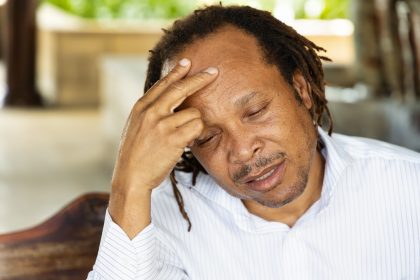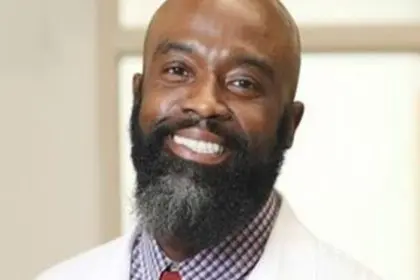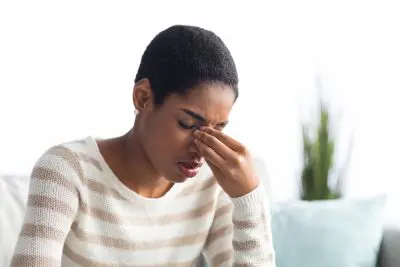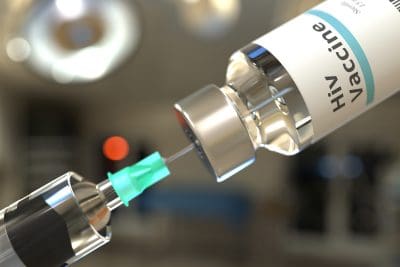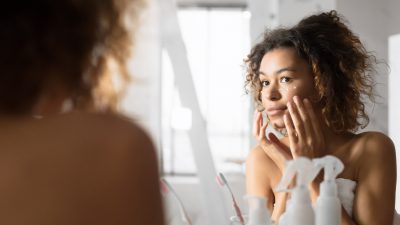
For the past year and a half the entire world has been fixated on Ebola and the spread of the disease in Africa. With deaths in Africa, Europe and even in America seemed, for many, that the disease was spreading and unstoppable. But former U.N. Ambassador Andrew Young posed a question to medical researchers in Africa, “What did y’all do about Ebola before White people started to die?”
That simple — and some would say politically incorrect statement — started a long chain of events that led to traditional African healers and plants that grow only in Africa. It was from this genesis that Dr. Erick V.A. Gbodossu, the head of the international NGO, PROMETRA International; the Morehouse School of Medicine; the U.S. Army Medical Research Institute of Infectious Diseases; and the Andrew Young Foundation embarked on a medical research journey that has produced profound results, the treatment and possible cure for the Ebola virus.
According to Young, five samples of plants indigenous to Africa were identified by traditional healers. These plants and herbs were usually drunken as a tea by patients who were suffering from a variety of symptoms. PROMETRA and the Morehouse School of Medicine worked together to identify the active and inactive parts of this herbal mixture and create an herbal extract. The samples were then sent to a biosafety level 4 lab located at Fort Dietrich, Maryland. It was there that U.S. Army research teams ran experiments using the live Ebola virus. The results were incredible and the Army researchers indicated that “Preliminary results demonstrated an ability to inhibit infection of culture cells with an authentic Ebola/Zaire virus,” according to Dr. Gbodossou and Amb. Young said all five herbal extracts sent to the lab proved effective. In addition, the Army also found that the plants were effective on HIV as well as other diseases.
The next phases of development of these extracts will deal with purification and further isolation of the active component of the extracts. At the press conference it was stated that millions in funding will be needed as well as partners for development. The plants and mixture of herbs have not been publicly identified to prevent possible exploitation and theft by unscrupulous pharmaceutical companies. But it seems like Africa will be able to cure not only Africans, but the world, when it comes to Ebola.


